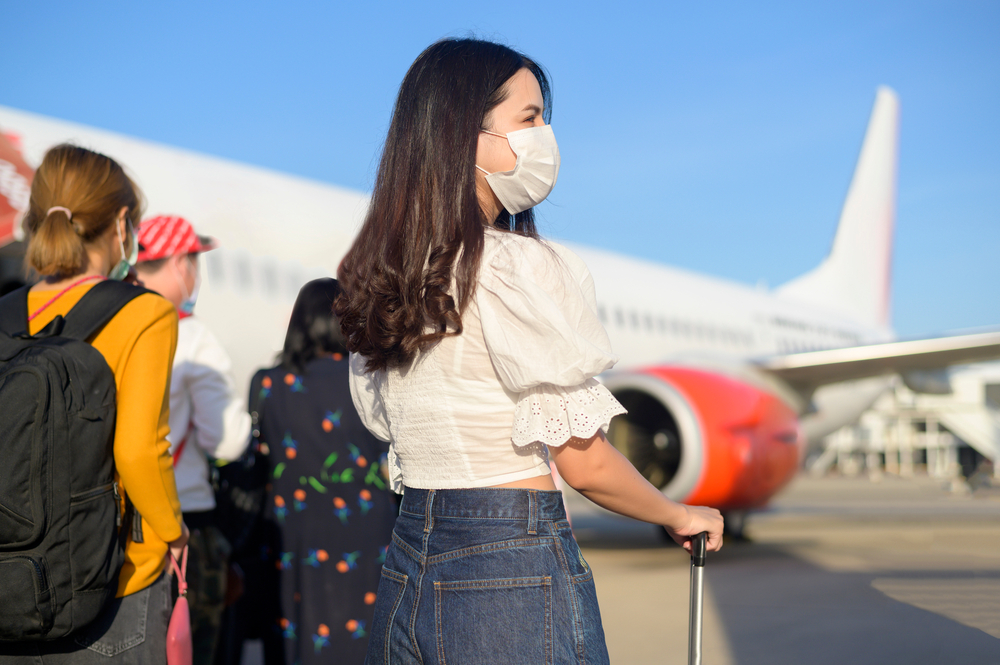

Accessibility has long been a priority for companies, government agencies and public buildings. In Australia, the Disability Discrimination Act (DDA) 1992 prohibits discrimination against people with disabilities in employment, education, publicly available premises, provision of goods and services, accommodation, clubs and associations, and other contexts. While this law makes it illegal for premises not to have accessibility for persons with disabilities, this has not completely been fulfilled in many of Australia’s tourism attractions.
“Tourism environments and services are often designed without considering the different access requirements that visitors and locals may have. The tourism sector must prioritise accessibility. This can be a real game-changer for destinations and businesses, helping them recover from the crisis and grow back in a more inclusive and resilient way.” – United Nations World Tourism Organisation (UNWTO) Secretary-General Zurab Pololikashvili.
In his comments, the UNWTO Secretary-General alluded to the opportunity for businesses to rebuild themselves after the tourism crisis which was caused by the COVID-19 pandemic. Though Australia has, in comparison to the rest of the world, largely recovered from the pandemic, international tourism is still suffering and therefore, has affected Australia through a massive reduction in the number of visitors to the country and main attractions. With this drop in visitors, Australian companies and public attractions still have the opportunity to improve their facilities and avoid tourists, who are seniors and those with disabilities from across the country and around the world, from fully enjoying tourism experiences.
The UNWTO has made recommendations that advocate for accessibility during the recovery of tourism. Here are 6 main action areas and the corresponding guidelines.
- Assistance in a crisis
- Include accessibility at every stage of repatriation, which requires the support of disabled people’s organisations.
- Adaptation of protocols
- Follow UNWTO guidance on adapting general health and safety protocols and consider the different types of abilities of customers as well as their requirements.
- Inclusivity in post-pandemic tourism
- Use data effectively to guide decisions on accessible tourism planning and adjust accessibility policies and strategies to reflect post-COVID practices and realities.
- Accessibility in business planning
- Treat accessibility as a competitive advantage rather than a liability for your business. Improve customer service, and the application of harmonised international standards to enhance the quality of life for all people.
- Staff training and inclusion
- Extend professional training to better cater to tourists with different types of disabilities, and ensure equal opportunities in the tourism workforce.
- Innovation and digital transformation
- Embrace innovation to make travel and tourism safer, smarter and easier for all types of disabilities (not solely mobile disabilities).
These guidelines can be achieved through the services offered by Access Link Consulting. With expertise in the tourism and hospitality industries, we can consult and provide guidance that ensures the provision of inclusive, seamless and modern accessibility facilities in compliance with the Building Code of Australia BCA and DDA. We can also provide consulting for properties in both the provisional and as-built stages, allowing for companies in different stages of development to benefit from comprehensive accessibility consultation.









